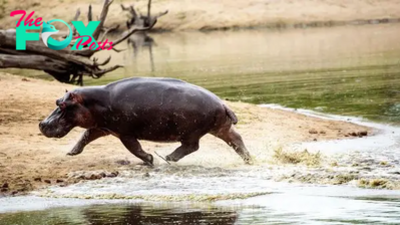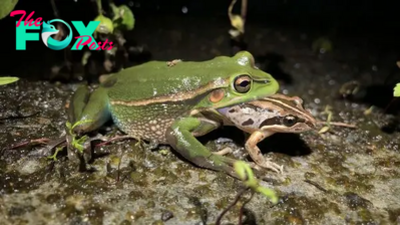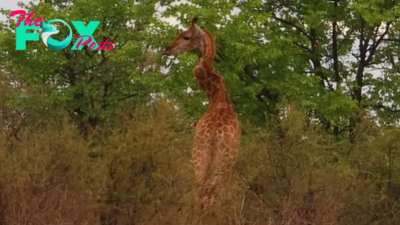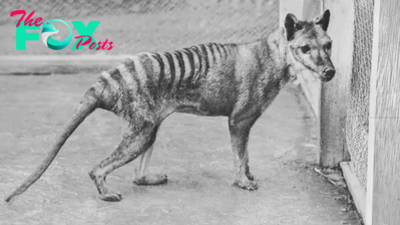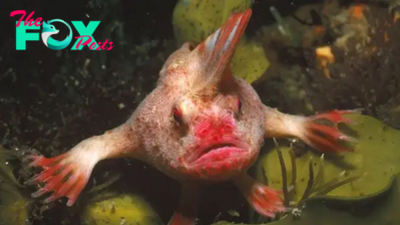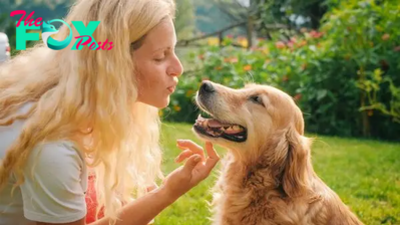Animals
Feral cats ate critically endangered baby crocodiles in Cuba, study suggests
Feral cats were killing and eating baby crocodiles in Cuba, new evidence suggests.
That's troubling because the Cuban crocodile (Crocodylus rhombifer) is a critically endangered species that lives only in Cuba's Zapata and Lanier swamps.
Several characteristics distinguish the Cuban crocodile from other New World crocodile species, including bony ridges behind the eyes; an unusually curious, aggressive temperament; and the ability to leap high out of the water, according to George Amato, director emeritus of the American Museum of Natural History's Institute for Comparative Genomics and an expert on Cuban crocodiles.
The Cuban crocodile represents "a very old evolutionary lineage" and plays an important role in its native ecosystem, Amato told Live Science. He has been working with the species since the 1990s.
Related: How are alligators and crocodiles different?
Only around 3,000 Cuban crocodiles are estimated to remain in the wild, so humans are trying to increase the population. Every year, the Zapata Swamp Crocodile Breeding Farm, the world's largest Cuban crocodile breeding operation, releases some 500 Cuban crocs into the swamp, in the hopes that they'll flourish and reproduce, Etiam Pérez-Fleitas, a biologist who's affiliated with the farm, told Live Science in an email.
From October to November 2022, the farm, which Pérez-Fleitas said manages around 4,500 Cuban crocodiles today, suffered a series of predatory attacks that killed 145 4-month-old crocs, according to an article published online April 19 in the journal Herpetology Notes. In the article, co-authors Pérez-Fleitas and Gustavo Sosa-Rodriguez described evidence that feral cats were responsible for the attacks.
-
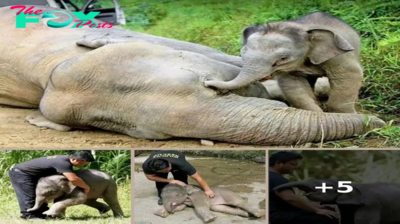
 Animals1h ago
Animals1h agoHeartwarming Bond: Keeper Brings Comfort to Orphaned Baby Elephant in Malaysian Borneo
-
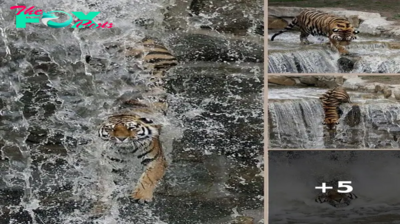
 Animals1h ago
Animals1h agoYorkshire Park’s Amur Siberian Tiger Takes a Stunning Dive to Beat the Heat
-
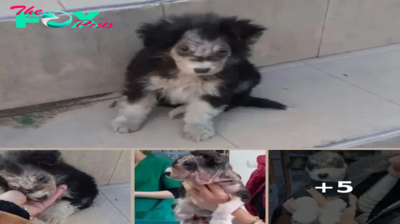
 Animals1h ago
Animals1h agoInjured Puppy Ignored by Shoppers Finds a Loving Home Thanks to a Kind Rescuer
-
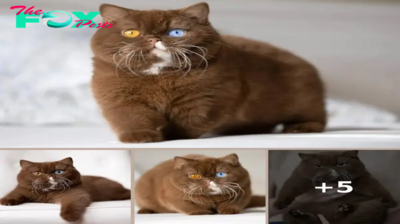
 Animals7h ago
Animals7h agoDiscover the Mystery of Cats with Different, Cold, Bear-Like Eyes
-
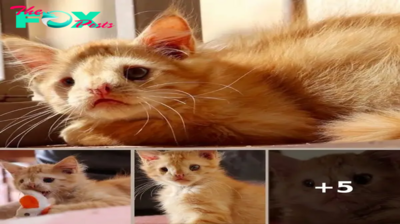
 Animals7h ago
Animals7h agoA touching story about the strength of a cat who was shunned for being too ugly
-
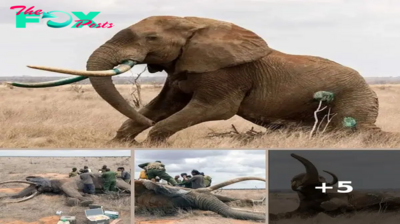
 Animals12h ago
Animals12h agoAgainst All Odds: The Incredible Recovery of Wide Satao, Kenya’s Treasured ‘Big Tusker’ Elephant
-

 Animals12h ago
Animals12h agoThe Epic Battle for Jungle Supremacy: Lions vs Tigers
-
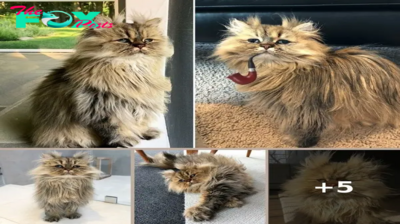
 Animals12h ago
Animals12h agoMeet Barnaby: The Lovably Sleepy Persian Cat Captivating Millions
